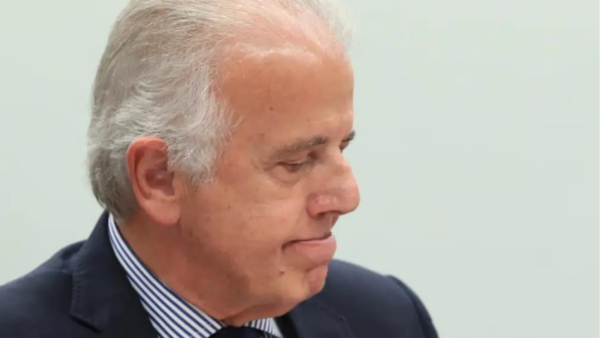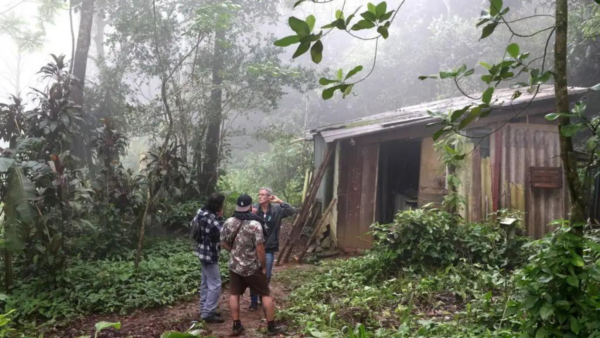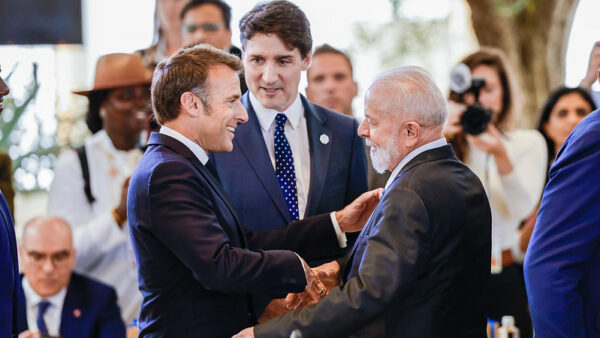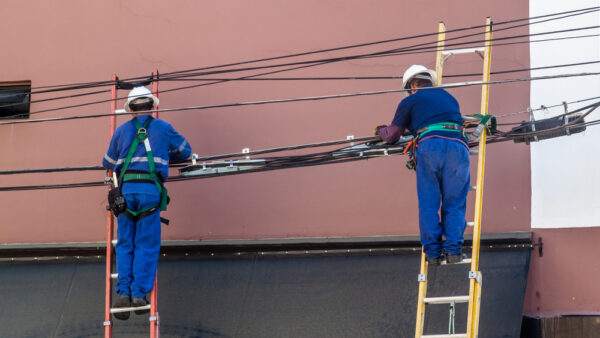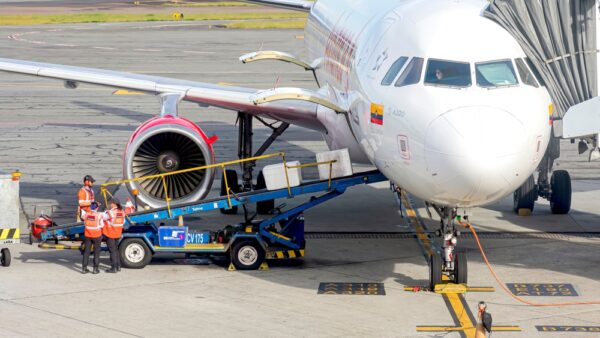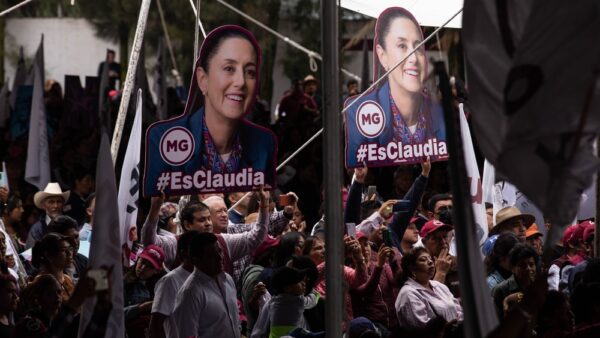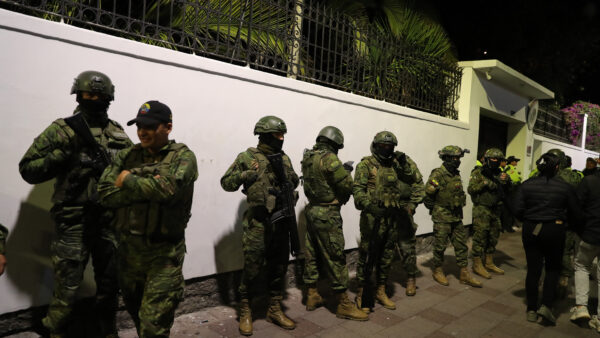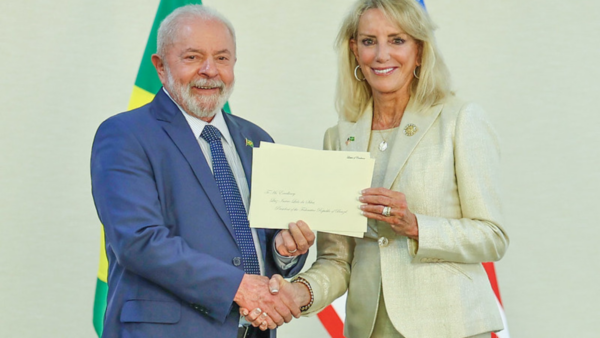The Luiz Inácio Lula da Silva administration on Tuesday canceled a June 6 auction for the import of 263,300 tons of rice for BRL 1.3 billion, after multiple signs of irregularities with the winning bidders arose.
The move is a strategy to avoid major price hikes of the product after the southern Brazilian state of Rio Grande do Sul was hit by crippling floods. The state provides roughly 70 percent of the rice consumed in Brazil, and losses to production and stocks are still being assessed.
According to the latest Rice Price Update report by the UN Food and Agriculture Organization, rice prices have increased 10 percent over the past month alone and 30 percent in the last year. According to the Brazilian Institute of Geography and Statistics, rice inflation stood at over 25 percent in the 12 months through April.
The rice will be sold by the National Supply Company (Conab) with hard price caps.
However, Conab said some of the auction winners failed to demonstrate bona fide rice-importing experience. Of the four winners, only one works in the foreign trade sector. The others are a cheese vendor, a juice manufacturer, and a car rental company.
Moreover, three companies with winning bids were represented by firms belonging to a man who worked with Neri Geller, Brazil’s agricultural policy secretary, raising suspicions of insider trading. Mr. Geller’s son is also a partner of Mr. Geller’s former aide in other companies.
Opposition lawmakers even began collecting signatures to open a hearings committee to investigate the auction.
Agriculture Minister Carlos Fávaro announced that Mr. Geller turned in his resignation after the scandal broke.
Brazilian rice producers and the right-wing opposition filed lawsuits to stop the auction from happening. A trial judge filed an injunction suspending the procedure, but a higher court overturned the decision. The rural caucus in Congress celebrated the cancellation of the auction — even if the government promises a new one, with stricter controls for participants.


 Search
Search








